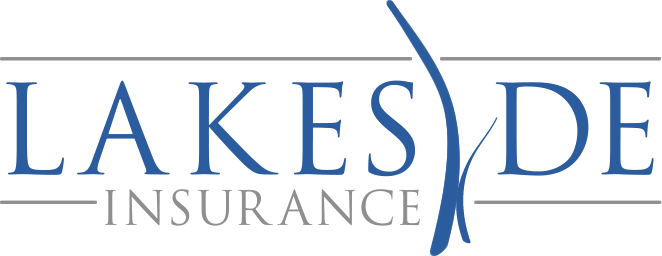
You likely expect guests and patrons to come to your restaurant or hotel to eat a meal, celebrate a holiday or wedding, or get together with friends to watch a game. Part of that experience may include enjoying beer, wine, or other alcoholic beverages. What you don’t expect, however, is to receive legal notification alleging that one of those patrons left your establishment intoxicated and as a result injured themselves and others – all because they were over served. Or worse, they were underage when doing so.
If your establishment serves alcohol, your business may be held accountable for any death, injury, or other damages caused by an intoxicated patron. Failing to act responsibly when serving alcohol can result in expensive civil and possibly criminal litigation, as well as fines, increased insurance rates, loss of your liquor license, or the loss of your business.
In general, liquor liability can occur when serving alcohol to any individual:
- Who is under 21 years of age
- Who show signs of being intoxicated, or
- To the point that they become intoxicated
Liquor liability laws vary by state and even local jurisdiction (county, city, or town); therefore, it’s important to know the laws for the location(s) in which you operate. Here are some steps you can take to help educate and train your staff on appropriate serving:
Have a written policy: Written documentation that outlines your policy on selling and serving alcohol to minors and intoxicated persons is fundamental to controlling liquor liability exposure. The policy should state management’s objectives, expectations, and processes to ensure responsible serving and include:
- Who will and will not be served.
- All aspects of the employee training program.
- Procedures to follow to ensure implementation of the policy.

For example, in addition to prohibiting the sale of alcohol to minors and intoxicated individuals, your policy may prohibit employees or managers from consuming alcohol while on duty or not allow them to drink at your establishment on their days off. Provide a copy of the policy to each employee at hire and keep each employee’s signed acknowledgement of the policy in his or her employment file. It is also important to communicate the policy, enforce it, and provide on-going training.
Know the signs of intoxication: Identifying minors is often easier (due to identification requirements) than identifying intoxicated persons. However, there are some warning signs that indicate intoxication. Your staff should be familiar with these red flags:
- Difficulty walking, speaking, or handing items.
- Bumping into things, or leaning on a checkout counter, bar, or display.
- Impaired hand eye coordination, including dropping items such as keys or change.
- Loud speech and slurring words together.
- Being overly friendly with or annoying customers or staff.
- Arguing, swearing, or saying offensive remarks.
Some individuals may become belligerent, hostile, or combative when intoxicated. It’s important for management to back staff decisions if they refuse a sale to intoxicated individuals or minors. Management should also be ready to provide support, whether that be escorting a patron from the premises, arranging for transportation, or calling the police, if needed.
Provide training for staff: It’s especially important to provide at hire and on-going training for wait staff, bartenders, hosts, and any other employees who serve alcohol or interact with patrons on the following:
- All state and local liquor laws and requirements
- How to verify age and recognize false identification
- The signs of intoxication or alcohol impairment
- Situations that are likely to escalate or lead to intoxication
- Indicators for when someone may be purchasing alcohol for minors
- How to refuse service and manage difficult situations
- The process for documenting incidents, including information needed (date, time, name of individual, witnesses, etc.)
- Consistent method of measuring and serving alcoholic drinks
- When and who to turn to for assistance (management, security, law enforcement)
- The consequences of not following policy (disciplinary action, termination, etc.)
There are several third-party training programs which can be completed in person or online. Some states may require specific training programs or require refresher training after a certain period of time. Whatever the requirements for your location, be sure that all new hires complete and pass the training before being permitted to serve alcohol and keep copies of training certificates and dates in your employee records.
While avoiding liquor liability entirely may not be possible, having a plan in place to control your exposure can help protect your business, employees, patrons, and the public.

